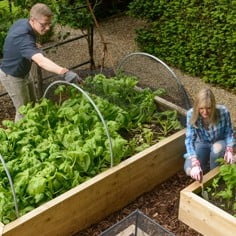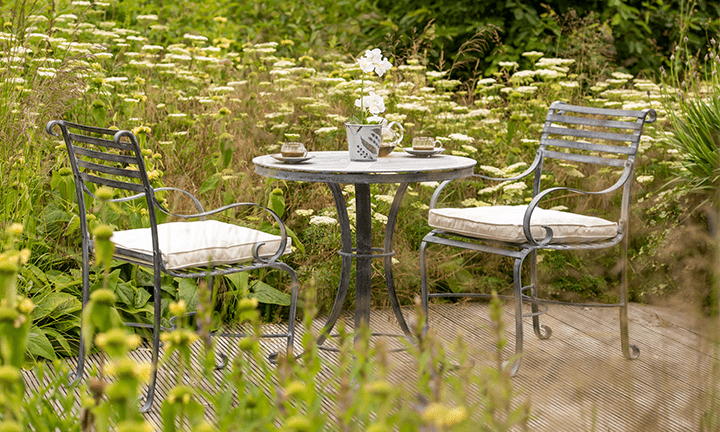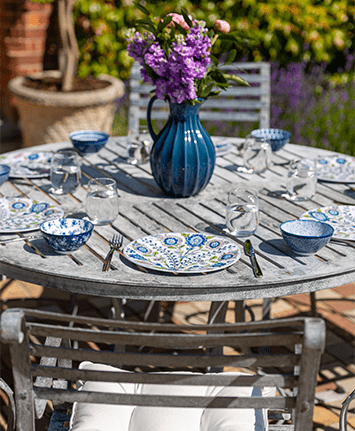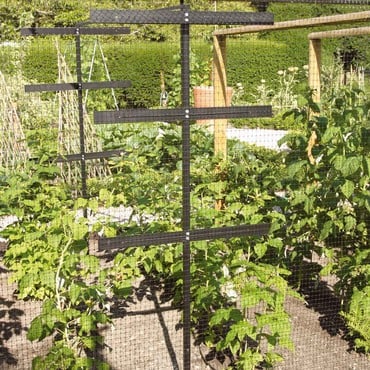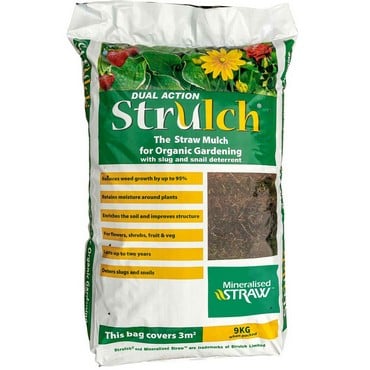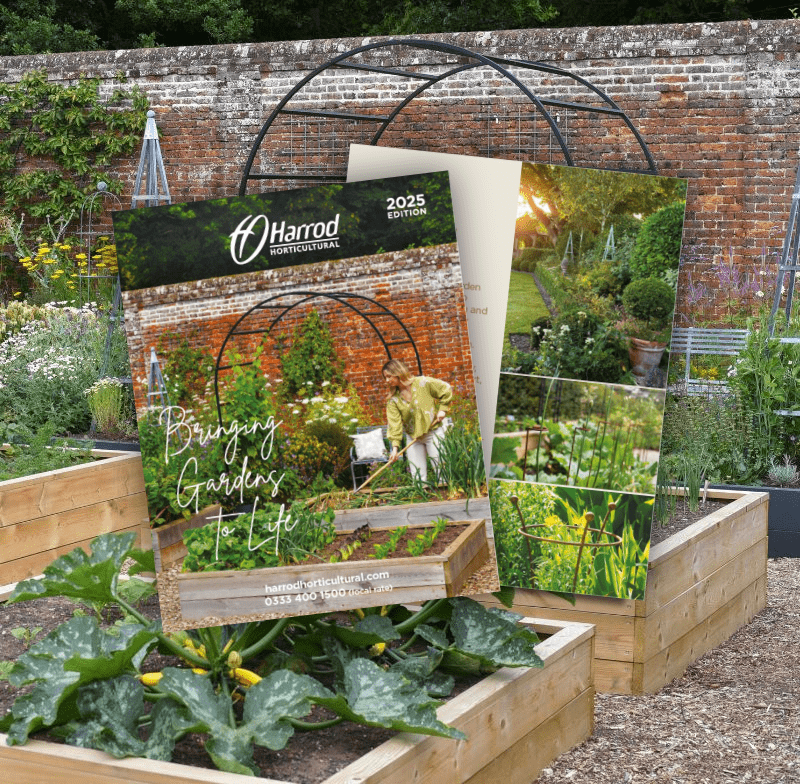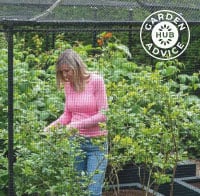Autumn Raspberry Problems
My autumn raspberries produce enough fruit for us – but at the same time, some of the canes seem to be brittle and lean over, the leaves seem to yellow prematurely, and some of the fruit is poor and crumbles when picked.
My question please: what action can I take to improve the general health and productivity of my autumn raspberries or do they now need to be replaced?
I always recommend autumn raspberries because they are generally more pest resistant than summer raspberries and in our case in Stephanie’s Kitchen Garden we have always found the raspberries themselves to be larger and sweeter. Although this doesn’t seem to be the case for you but it sounds like you may have a few things going on with your raspberries.
By the appearance of the yellowing leaves I think your plants have a nutrient deficiency, predominantly nitrogen and potassium. All plants need nitrogen, potassium and phosphorous to thrive, plus various trace elements. Without nitrogen the leaves turn yellow and growth is spindly. Potassium generates good flowering and fruiting and helps ripen wood. Plants lacking potassium tend to have blue, yellow or purple tinted foliage and a poor crop. Without phosphorous, which aids strong roots and shoots, leaves tend to be small and discoloured. The most common trace element deficiencies are manganese and iron, which cause yellowing leaves with brown edges. Although you said you have been feeding with Miracle Grow twice a year I think it would be more beneficial to feed once a year in the spring (ideally March) when the canes are starting to grow. As a guide If your plants have good, thick stems that grow 4 to 6 feet tall, you are fertilising correctly. Maxicrop Original Organic Seaweed Plant Growth Stimulant will give your fruit canes the valuable nutrients they require and aid their general health but it will also help protect them from pests and diseases.
Raspberry canes dislike soggy soil and grow best in light well drained soil - I’m wondering after the wet season we’ve had if your raspberries are suffering because of that. If they are kept too wet for long periods of time, the roots are unable to absorb iron from the soil and the leaves start to turn yellow from lack of iron. Iron chlorosis in raspberries is a common problem, especially in plants grown in clay soils. Plants that are iron deficient are weak, producing small fruit of poor quality and can die from insect or disease problems. I would give your plants a feed of Sequestrene Plant Tonic now (unfortunately Harrod Horticultural do not stock this product but it is widely available from garden centres and online) and improve your soil overwinter by added plenty of well-rotted manure or compost to the soil to improve moisture retention, drainage and soil structure. If you have access to some ash from a log burner you could use this by mulching around the bottom of the plant this will give the plant a good dose of potash which will help with the development of flowers and fruit. You could then top up with Strulch which is excellent for weed retention, keeps moisture in and will gradually break down over time adding valuable organic matter to your soil, we use this regularly on our raspberries in Stephanie’s Kitchen Garden.
On the other hand your plants could be suffering from a viral disease such as Raspberry Leaf Curl Virus. This causes curling and distortion of dark green leaves and the infected plants appear stunted and contain excessive branching. The Infected fruit is usually small, crumbly, and seedy which you say that you have. This disease is spread slowly by the small raspberry aphid. Severe infection causes a reduction in yield, fruit quality, and winter hardiness. Unfortunately there are no chemicals available for the control of virus diseases.
I would improve the soil and feed the plants straight away with Sequestrene and feed with the Organic Seaweed plant growth stimulant in the spring. Try to improve your soil over winter and see what your canes are like next year and if the yield improves. If you see no improvement you may have to destroy the plants and plant replacement canes in a new site. Avoid replanting on the same site to avoid the viral contamination. I don’t know what variety your raspberries are but we have had great success with the autumn fruiting variety ‘Autumn Bliss’.
Good luck and I hope you see some improvement with your plants next year.
Kind Regards
Lynn Burton - Horticultural Adviser






